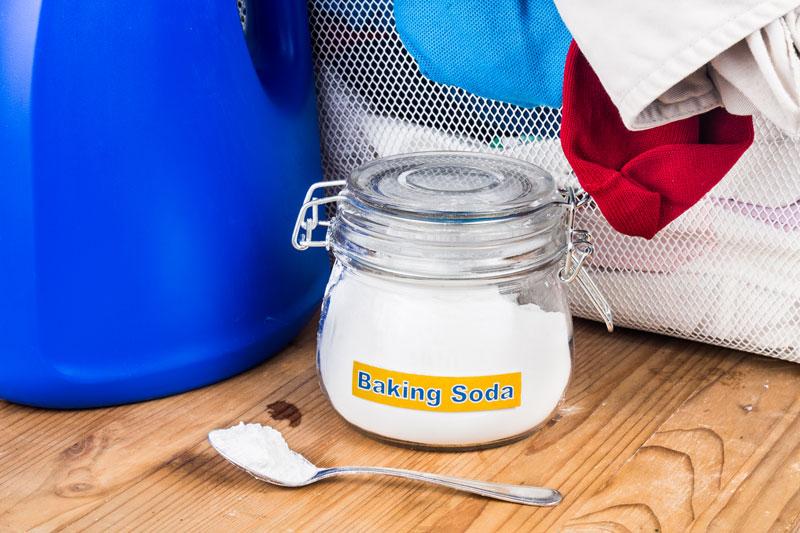By way of design, strip drains drains get dirty. As your bathroom, balcony or pool waste water removal point, naturally over time, linear drains need to be cleaned as they collect hair, dirt and soap residue.
Using items found around the home, you can easily and conveniently clean your drain and have it functioning just like new in no time.
Read our how to guide on linear drain cleaning below.
3 Simple Steps
If your drain has no other problems like smells or blockages, and just needs a regular clean, follow these instructions:Clean the grate or tile insert
Using a high quality bathroom cleaner, spray the cleaner directly onto the drain and allow to soak for five minutes. Using a soft cloth and warm water, gently rub the cleaner into the surface using a circular motion. Remove any visible debris such as hair from around the outside of the drain and dispose of in your garbage. Rinse any residue and small debris or mould away with warm water.
Remove the drain cover
Carefully remove the drain cover and clean inside the channel with a high quality shower cleaner and soft damp warm cloth.
Flush the drain
You can flush your drain with hot water, vinegar and baking soda every 4-6 weeks to control mould and soap scum buildup. Pour half a litre of hot water into the floor waste along with 1 cup of baking soda. Leave to soak for 10 minutes. Add another cup of baking soda and 1 cup of vinegar and leave for 10 minutes. Once the fizzing has subsided, rinse with hot water.
If your drain smells bad, you can also follow our drain smell instructions here.
We’ve listed some Recommendations and precautions below to ensure your drain is shiny and functional for years to come.
Do
- Check your cleaning product is suitable for use with tiles, stainless steel, grout and concrete. If you use an inappropriate cleaner, you risk damage to your drain or tile.
- If your drain becomes severely blocked, it’s best to call in an expert plumber to assist.
- Use a soft cloth, not an abrasive like steel wool.
Don’t
- Don't use sharp objects or cleaning liquids that can cause damage to the drain¹ or surrounding tiles, grout or concrete.
- Don’t use abrasive cleaners or metal scrapers that can cause damage to the stainless steel or surrounding tiles.
Summary
There’s often no need to use harsh or dangerous chemicals to complete your regular drain cleaning process. And always consult a professional if in doubt.

